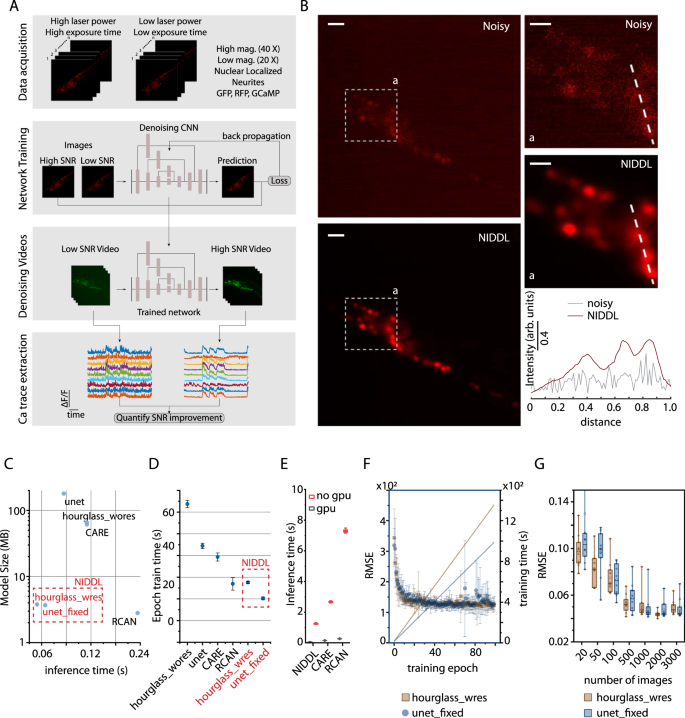アデノシンキナーゼが脂肪沈着や肝炎に関与することを示す新しい研究結果 New study shows role of adenosine kinase in fat deposition, liver inflammation
2022-10-04 テキサス A&M大学

A 2020 study by Chaidong Wu, Ph.D., and his team showed that indole, a natural compound found in cruciferous vegetables, may be effective against nonalcoholic fatty liver disease. (Photo courtesy of Texas A&M Department of Horticultural Sciences)
研究チームは、マウスに高脂肪食を12週間与えるか、肝障害の原因となることが知られているメチオニン-コリン欠乏食を5週間与えた。
これらの食事のもとで、肝細胞のADK活性が低下したマウスは、肝臓の脂肪や炎症のレベルが対照群よりも低かった。一方、ADK活性が上昇したマウスは、通常のマウスよりも体重が増加し、体脂肪、肝脂肪、肝臓の炎症レベルが上昇した。
マウスの肝臓サンプルの脂質プロファイルを解析した結果、ミトコンドリアの機能障害を促進し、肝臓の炎症につながる脂質の存在が確認された。
研究チームは、ヒトの肝臓サンプルを用いて、ADK活性と肝臓の健康状態を解析した。その結果、マウスと同様、ADKのレベルが低下するとNAFLDのレベルが低下し、一方、この酵素のレベルが上昇すると、肝脂肪症の悪化や炎症と関連することが明らかになった。また、ADKは肝細胞の脂肪酸酸化を抑制することで、過剰な脂肪沈着と肝炎を促進することも明らかになった。
肝細胞のADKタンパク質の量は、ヒト被験者の肝臓における肝脂肪症の程度と正の相関があった。
<関連情報>
- https://agrilifetoday.tamu.edu/2022/10/04/agrilife-research-led-study-examines-nonalcoholic-fatty-liver-disease/
- https://www.gastrojournal.org/article/S0016-5085(22)01085-X/fulltext
肝細胞アデノシンキナーゼは過剰な脂肪沈着と肝炎を促進する Hepatocyte Adenosine Kinase Promotes Excessive Fat Deposition and Liver Inflammation
Honggui Li,Juan Zheng,Qian Xu,Yongjian Yang,Jing Zhou,Xinlei Guo,Yongfeng Cai,James J. Cai,Linglin Xie,Joseph Awika,Xianlin Han,Qingsheng Li,Lindsey Kennedy,Heather Francis,Shannon Glaser,Yuqing Huo,Gianfranco Alpini,Chaodong Wu
Gastroenterology Published:September 27, 2022
DOI:https://doi.org/10.1053/j.gastro.2022.09.027
ABSTRACT
BACKGROUND & AIMS
Non-alcoholic fatty liver disease (NAFLD) is highly associated with obesity and progresses to non-alcoholic steatohepatitis when the liver develops overt inflammatory damage. While removing adenosine in the purine salvage pathway, adenosine kinase (ADK) regulates methylation reactions. We aimed to study whether hepatocyte ADK functions as an obesogenic gene/enzyme to promote excessive fat deposition and liver inflammation.
METHODS
Liver sections of human subjects were examined for ADK expression using immunohistochemistry. Mice with hepatocyte-specific ADK disruption or overexpression were examined for hepatic fat deposition and inflammation. Liver lipidomics, hepatocyte RNAseq, and single cell RNAseq for liver non-parenchymal cells (NPC) were performed to analyze ADK regulation of hepatocyte metabolic responses and hepatocyte-NPC crosstalk.
RESULTS
While NAFLD patients showed increased hepatic ADK levels, mice with hepatocyte-specific ADK disruption displayed decreased hepatic fat deposition under a chow diet and were protected from diet-induced excessive hepatic fat deposition and inflammation. In contrast, mice with hepatocyte-specific ADK overexpression displayed increased body weight and adiposity and elevated degrees of hepatic steatosis and inflammation compared with control mice. RNAseq and epigenetic analyses indicated that ADK increased hepatic DNA methylation and decreased hepatic Ppara expression and fatty acid oxidation. Lipidomic and scRNAseq analyses indicated that ADK-driven hepatocyte factors, due to mitochondrial dysfunction, enhanced macrophage proinflammatory activation in manners involving increased expression of stimulator of interferon genes.
CONCLUSIONS
Hepatocyte ADK functions to promote excessive fat deposition and liver inflammation through suppressing hepatocyte fatty acid oxidation and producing hepatocyte-derived proinflammatory mediators. Therefore, hepatocyte ADK is a therapeutic target for managing obesity and NAFLD.


